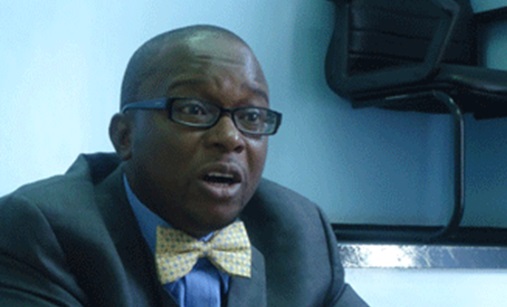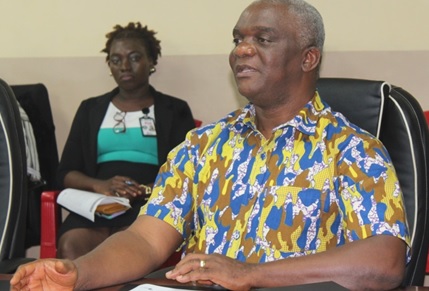The Paradoxical Question: What Really Happened with Liberia’s Latest 7 Failed Slogans Characterized Policy Agenda?
In a startling revelation, former Auditor General John Morlu has raised a paradoxical question surrounding Liberia’s recent political history. Drawing attention to seven failed policy agendas under three different administrations, Morlu questions the sincerity and effectiveness of these slogans and their impact on the nation’s development.
- Taylor’s Vision 2024:
One of the earliest slogans, Vision 2024, was introduced during the presidency of Charles Taylor. However, as Morlu points out, despite the catchy name, this slogan failed to deliver on its promise of transforming Liberia into a developed nation within two decades.
- Bryant’s Transition Framework Initiatives:
Following Taylor’s exit, the transitional government led by Moses Blah and Gyude Bryant introduced their Transition Framework Initiatives. However, these initiatives fell short of expectations, with little success in addressing the deep-rooted challenges faced by Liberia.
- Sirleaf’s Democratic Dividends, Interim Poverty Reduction Strategy, Poverty Reduction Strategy, and LIFT Liberia:
Under Ellen Johnson Sirleaf’s presidency, Liberia witnessed the introduction of multiple slogans and policy agendas. Democratic Dividends, Interim Poverty Reduction Strategy, Poverty Reduction Strategy, and LIFT Liberia aimed to improve governance, reduce poverty, and increase economic growth. However, as Morlu asserts, these slogans have been characterized more by their rhetoric rather than their tangible outcomes.
- Weah’s Pro Poor Agenda:
Taking the reins from Sirleaf, President George Weah promised a Pro Poor Agenda, emphasizing upliftment for the impoverished population. However, Morlu suggests that like its predecessors, this policy agenda remains mired in the realm of slogans and has yet to generate substantial results.
- ARREST of Joe Boakai.
He said all of these are slogans with no strategy.
But who were the key figures behind these slogans and policy initiatives? Morlu identifies individuals such as Lewis Brown, Sam Jackson, Emmanuel Shaw, Nathaniel Barnes, Charles Bright, Reginal Goodridge, Jonathan Taylor, and Ben Urey as instrumental in supporting Taylor’s Vision 2024. Regarding Sirleaf’s policies, individuals such as Antoinette Sayeh, Augustine Ngafuan, Amara Konneh, Morris Saytumah, and Boima Kamara played influential roles. Notably, Morlu also alleges the involvement on developing several of these slogans, in addition to organizing thousands of economic forums in Liberia.
Morlu’s scathing critique extends beyond specific individuals and slogans. He accuses all three presidents – Taylor, Sirleaf, and Weah – of insincerity, claiming that their lack of genuine commitment to the nation’s progress has been instrumental in undermining Liberia’s development.
As Liberia grapples with the aftermath of failed slogans and policy agendas, Morlu’s question remains at the forefront: what is the root cause behind the insincerity of these presidents? Understanding this may hold the key to unlocking Liberia’s true potential and paving the way for genuine progress.
Interviewing the individuals involved in formulating these slogans and policy agendas could provide valuable insights into their intentions, as well as shed light on the challenges they faced in implementing these initiatives. Such an investigation may pave the way for future administrations to prioritize tangible strategies over mere slogans and rhetoric, ultimately working towards Liberia’s long-term development.







